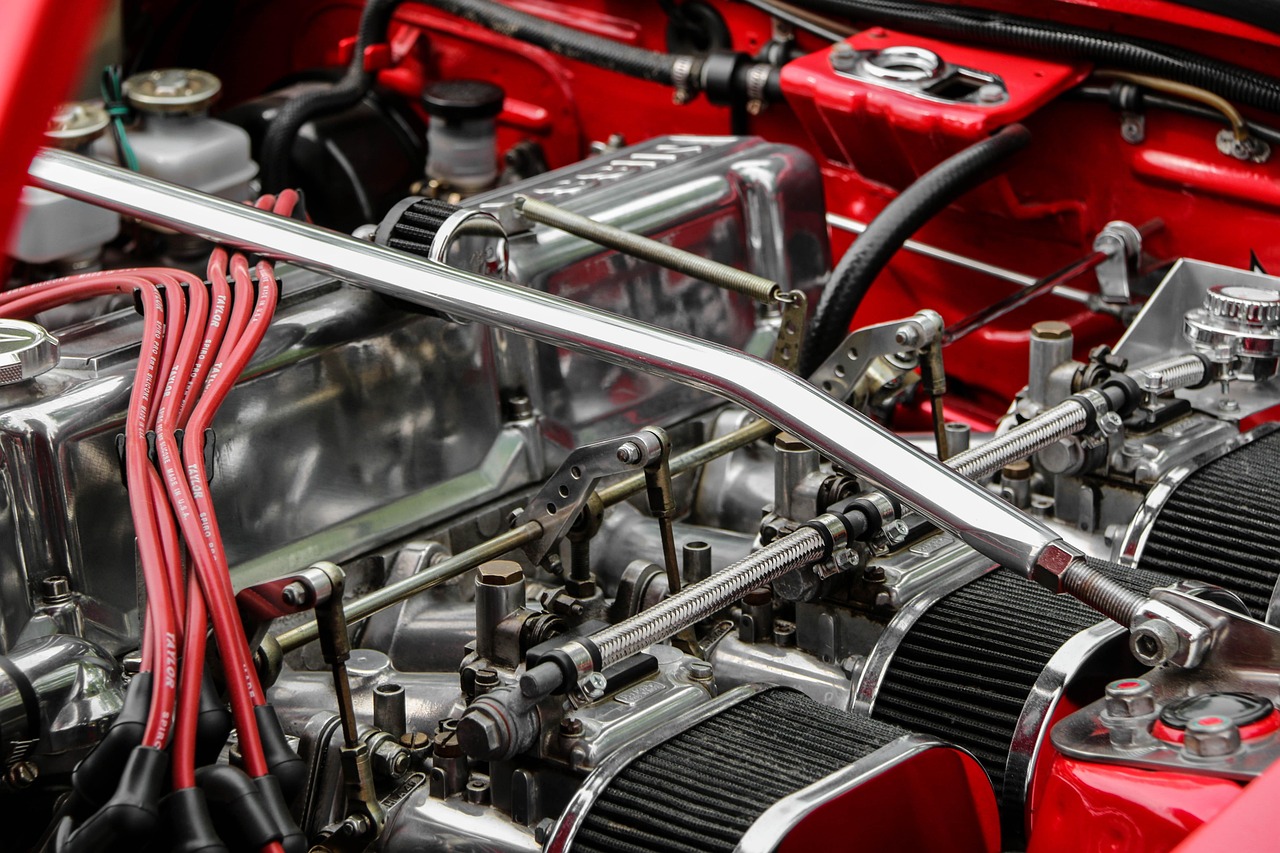Buying a used car can be an exciting step—whether you’re upgrading your current ride or shopping for a first car on a tighter budget. Second-hand vehicles are often more affordable, have lower insurance premiums, and can offer great value if you know what to look for. But they can also hide problems that aren’t immediately obvious.
From clocked mileage and unpaid loans to accident write-offs or stolen status, more than half of used vehicles in the UK have issues that buyers only discover after it’s too late. That’s why it’s critical to go beyond the basics and conduct a vehicle history check before committing to any deal.
In this guide, we’ll walk you through what a car history check includes, why it’s essential, how to perform one properly, and how to combine that insight with smart buying habits for complete peace of mind.
What Is a Vehicle History Check?
A vehicle history check—also referred to as an HPI check—is a report that reveals the complete background of a used vehicle. It’s compiled using data from official databases, including the DVLA, police, insurance companies, MOT testing records, and finance institutions.
While the car might look spotless on the surface, a quick history check can reveal red flags that could affect safety, legality, and resale value. In the UK, several reliable services offer these checks, including HPI Check, Car Owl, AA Car Check, and AutoTrader Vehicle Check.
️ What Does the Check Include?
Here’s what a proper vehicle history report can tell you:
✅ Outstanding Finance
A car with existing finance legally belongs to the lender. If you buy it, you risk repossession.
✅ Theft Status
Cross-checks with police databases to ensure the car hasn’t been reported stolen.
✅ Insurance Write-Offs
Reveals whether the car was written off and its category (e.g. Category S or Category N), which could affect safety or resale value.
✅ Mileage Verification
Helps detect odometer fraud by comparing MOT history with reported mileage.
✅ VIN & Logbook Match
Checks that the VIN and registration details are consistent across records and physical vehicle markings.
✅ MOT Records & Recalls
Shows previous MOT results, advisory notices, and any open manufacturer recalls that may need urgent attention.
✅ Number Plate & Colour Changes
Alerts you to changes that could mask the vehicle’s history or identity.
✅ Scrapped or Exported
Confirms the car hasn’t been scrapped or exported and illegally returned to the road.
How to Perform a History Check in 5 Simple Steps
1. Get the Vehicle’s Key Details
You’ll need the registration number and VIN. The VIN can be found:
- On the dashboard (windscreen side)
- Inside the driver’s door frame
- On the engine block
- On the V5C logbook
2. Use Free Government Tools
Start with:
- DVLA Vehicle Enquiry
- MOT History Checker
- Check Vehicle Tax
3. Choose a Paid History Check Service
For comprehensive data, choose a trusted provider:
- HPI Check
- RAC Vehicle History Check
- AA Car Check
- AutoTrader Check
Most charge between £10–£20 and deliver reports instantly via email or download.
4. Review the Report Carefully
Scan each section thoroughly. Look for inconsistencies, ownership history, alerts, and unusual flags. A mismatch between the seller’s claims and the report is a strong warning.
5. Use It to Inform Your Decision
Even minor red flags—like multiple ownership changes in a short period—can justify a lower offer. Major issues like finance or stolen status? Walk away immediately.
✅ Bonus Tips for Safe Used Car Buying
A clean history report doesn’t mean you should skip on-the-ground checks. Combine the report with:
- In-person inspections – Look for rust, frame misalignment, or paint differences.
- A proper test drive – Drive at different speeds and test brakes, steering, and electronics.
- Service record checks – Ask for stamped booklets or digital records.
- Seller ID verification – Confirm the seller’s name and address match the logbook.
- Price comparison – Use sites like AutoTrader or Parkers to make sure you’re not overpaying—or being lured in by an unusually low price.
Final Thoughts: Buy Smart, Not Sorry
A used car might offer great value, but it can also be a ticking time bomb if you don’t check its past. A vehicle history report is your first line of defence against shady sellers, legal issues, and financial losses.
Before you fall in love with a car’s looks or price, spend a few minutes looking beneath the surface. With tools like HPI Check and Car Owl, you can drive away knowing you’ve made a smart and safe investment.
When it comes to used cars, trust isn’t enough—facts matter.
